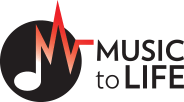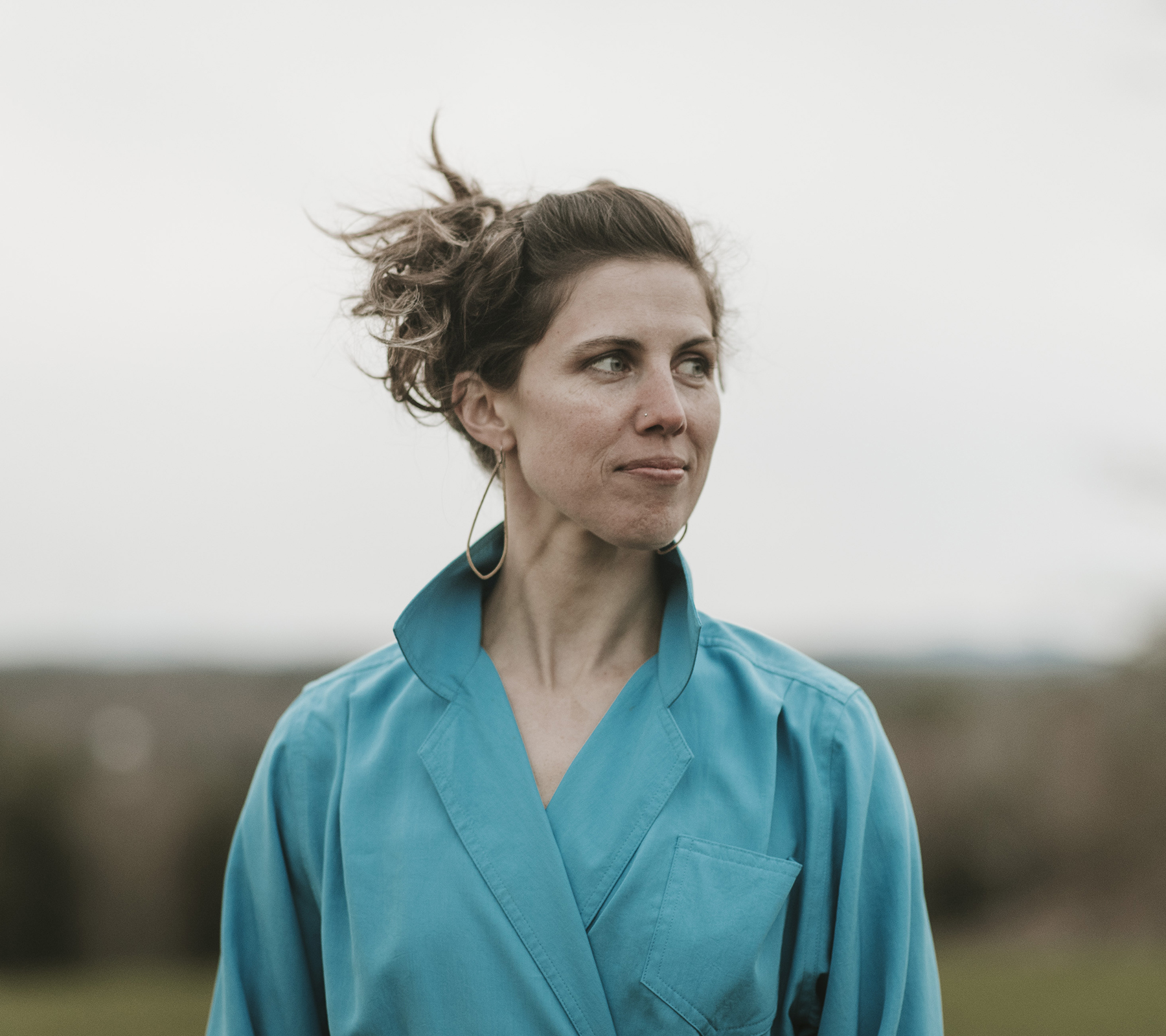Photo: Lauryn Hottinger
If a picture paints a thousand words, it can also forever change a life.
That’s what happened to musician Emilia Dahlin when she saw the starkly haunting images of the arduous journeys faced by immigrants, taken by renowned photographer Sebastião Salgado in his book “Migrations: Humanity in Transition.”
“It kind of broke my heart, but in the best way—and opened my eyes,” says Dahlin, a photographer in her own right who is a graduate of Maine’s renowned Salt Institute for Documentary Studies.
In his book, the Brazilian-born photojournalist documents the journeys of international migrants over seven years and across more than 35 countries.
For Dahlin, an activist-musician who lives in Gorham, Maine, the images created a catalyzing moment..
“It’s the stories that allow us to empathize with people. For me, that’s what sent me down this path,” she shares.
Over the past few years, Maine has seen an influx of African immigrants, many of which are asylum-seekers. But even as the state readily welcomes newcomers, many immigrants still struggle to transition and assimilate into their new lives.
That’s why Dahlin joined a community partnership with In Her Presence, an organization led by women and immigrants. The group empowers immigrant women in Maine with the education and resources they need.
“In Her Presence is there to create a community for these women and to help them with the transition of coming here. Learning language is a huge piece of that,” she explains.
Immigrant women have varying levels of English proficiency, so when the group started offering English language learning classes for free at the Portland Public Library, Dahlin saw an opportunity to meet the needs of others with her passion for music.
Through Music to Life’s Accelerator, Dahlin developed Raising Our Voices, a music program that addresses the needs of new immigrant mothers, offering opportunities to bond with each other and allowing their children social time—all while promoting language acquisition and early literacy tools.
She recalls one session where nearly 40 women and children sat in a big circle, singing songs in different languages and readily partaking in impromptu music-making. “It was really joyful and gratifying,” she reflects.
Dahlin sees music as a building block of early literacy, and a powerful storytelling tool to empower immigrant women and their children. In her experience, immigrants are much more open to participating in music.
“One of the reasons why music works for this population of folks is that culturally, it’s a means of communication, and community-making, that’s ingrained in a lot of those cultures,” she says.
Unfortunately, she had to briefly hit pause on her plans for expanding the program as the pandemic worsened. “I’m starting over. We’re all starting over in a way,” Dahlin says.
Now, Dahlin is shifting Raising Our Voices to a virtual world, while still collaborating with In Her Presence, and The Intercultural Community Center of Maine. She’s considering the possibility of creating a curriculum for immigrant mothers and their children, which can then be used by other artists in different immigrant communities.
And in light of the current movement for justice and equality, Dahlin also hopes to work closely with the immigrant women in Maine in order to shine a light on their voices and their stories.
“It is a response to the national dialogue. It feels like one way to counter and create some understanding and compassion, and a welcome space,” she shares.
So far, her ideas for capturing the experiences of immigrant women include a compilation of songs, a podcast and perhaps even a series of music videos.
“When you know that and when you see that, you’re way more willing to welcome somebody in, knowing what they have endured to be here,” Dahlin explains.
Above all, Dahlin is committed to providing these women and children with the recognition, language skills and sense of community that they need—and all through the power of music.
“Storytelling. I fully believe that’s how we learn to empathize with each other.”
Music to Life’s Accelerator empowers activist-musicians like Dahlin with opportunities for professional development while also amplifying their impact through collaboration and community involvement.
Dahlin is set to perform at Music to Life’s next virtual house concert on September 13. Grab your seats here!

